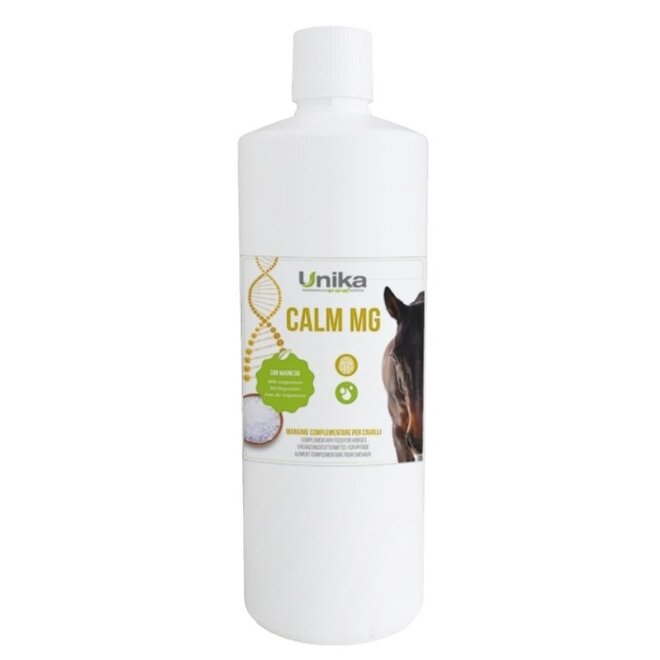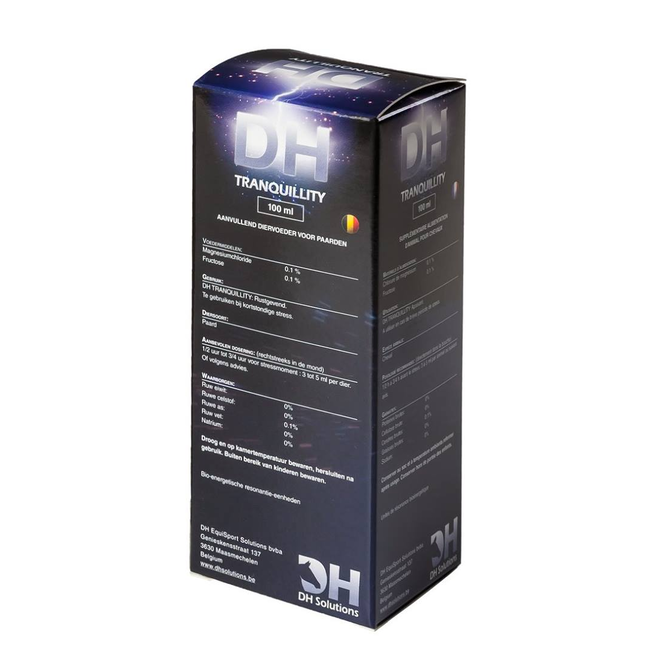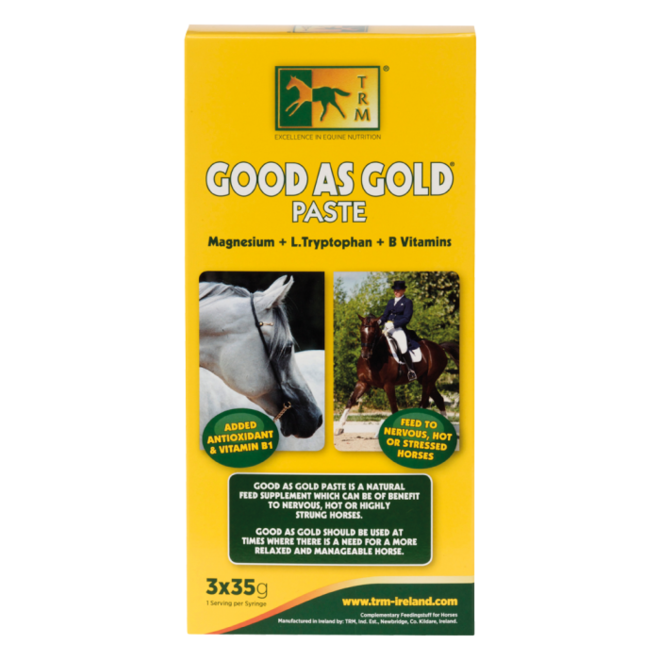Behavior When your horse experiences stress or nervousness, the hormone cortisol is released. This can cause the horse to exhibit anxious behavior. In general, a distinction is made between two types of stress: acute stress and chronic stress. Acute stress is gene
Filter
Cavalor
€94,95 Incl. tax
Cavalor
€157,50 Incl. tax
Unika
€15,95 Incl. tax
Cavalor
€47,50 Incl. tax
Unika
€26,95 Incl. tax
DH Solutions
€199,00 Incl. tax
TRM
€21,95 Incl. tax
Cavalor
€132,50 Incl. tax
Behavioral supplements When your horse experiences stress or nervousness, the hormone cortisol is released. This can cause the horse to exhibit anxious behavior. In general, a distinction is made between two types of stress: acute stress and chronic stress. Acute stress is generally more familiar and easily recognizable among riders and grooms. The horse shows remarkable behavioral changes, such as not wanting to stand still, wide eyes and nostrils, a raised tail, a nervous posture, and frequent defecation. For this short-term stress, there are a large number of supplements that can contribute to the horse's relaxation for a brief period.
Chronic stress is generally somewhat more difficult to detect. This means that the horse experiences stress for a longer duration. The horse does not display nervous or other behavior at one specific moment. Many stable vices are indicative of chronic stress. Think of crib-biting, weaving, or wind-sucking. This form of stress has various underlying causes that need to be addressed before administering a supplement.
Even for mares that exhibit behavioral changes in the form of nervousness or stress during estrus, a supplement can contribute to the horse's relaxation. It is important that the behavior supplements promote a calm and tranquil state of mind for the horse.








